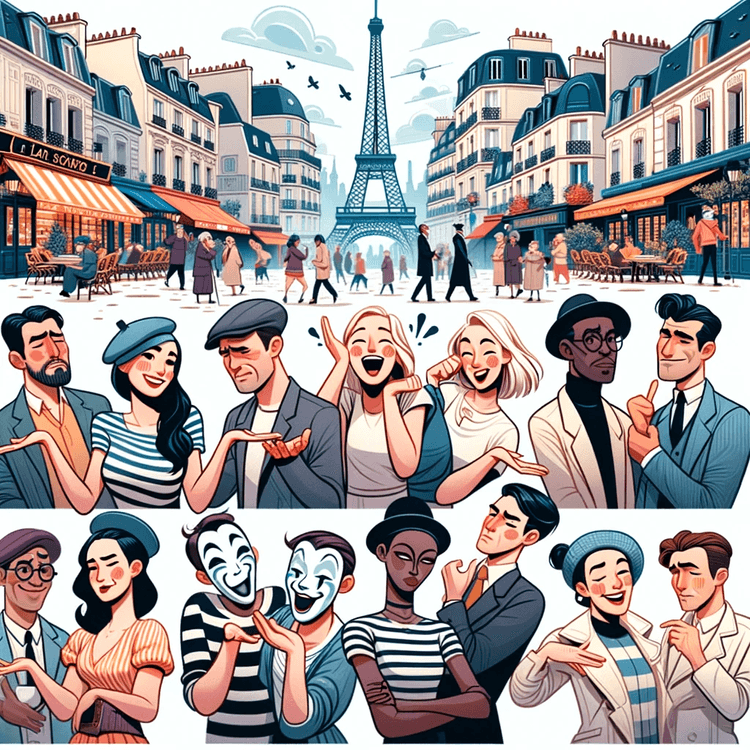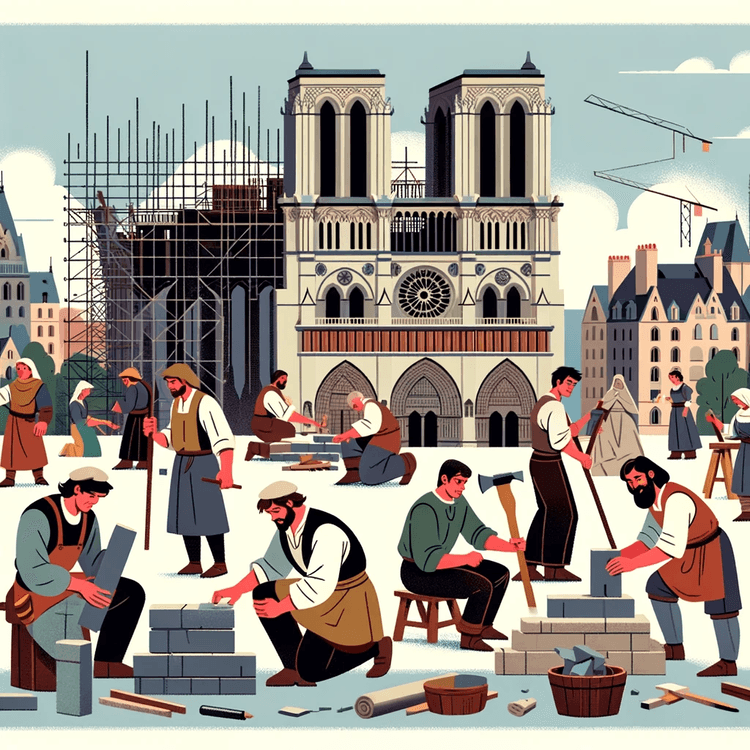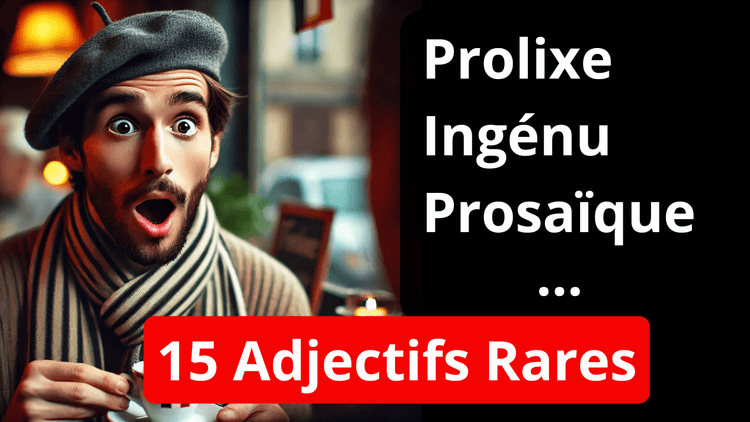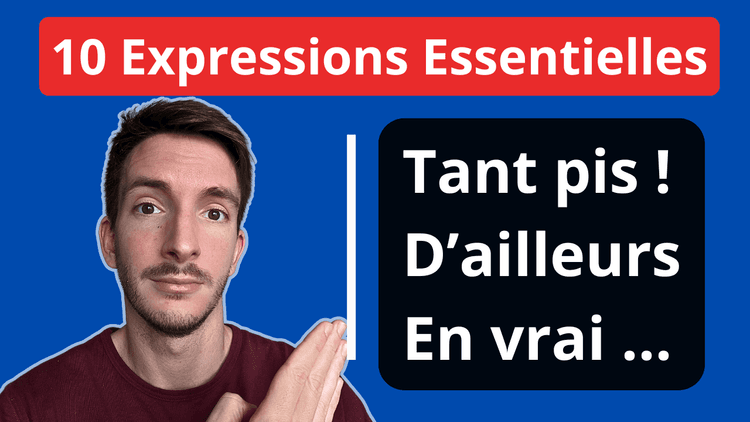Sounding Like a True Parisian: Uncover Unique City Phrases

December 7, 2023
12/7/2023
Hello, language enthusiasts! After indulging in espressos at trendy cafes and exploring world-renowned museums, it's time to step up your French game. We delve into the heart of humour, history, and Parisian life with our guide to some of its most unique expressions. So, get ready to sound even more like a local on your next visit to the City of Lights.
Unique Parisian Expressions
1. Ça se bouscule au portillon
Begin your linguistic journey through Paris with the expression "Ça se bouscule au portillon". This phrase, literally translated as "It's crowding at the turnstile", is a humorous way of describing a sudden, strong rush. It has a rich history, having been invented during the time of the ticket punchers of the Parisian metro.
Le saviez-vous ?
"Ça se bouscule au portillon" takes on its full meaning due to the highly frequented nature of Parisian public transport.
"Au moment des soldes, ça se bouscule au portillon dans les magasins!" (During the sales, there is a lot of people in the stores!)
2. Midi, pétante !
You love precision? Then, you will certainly appreciate the expression "Midi, pétante". It might sound like an alarm you've set, but the French use it to say 'exactly midday'. It stems from the 1786 tradition of the midday cannon at the Palais-Royal, used to signal the time and synchronise personal watches.
3. On ne va pas attendre cent-sept ans
The saying "On ne va pas attendre cent-sept ans", which translates to 'We're not going to wait one hundred and seven years', is an expression of impatience that references the duration of the construction of the Notre-Dame Cathedral in Paris.

4. Se faire arrêter par les poulets
Don't be scared if you hear the expression "Se faire arrêter par les poulets". It's simply a fun way to say 'being stop by the police'. This expression was born when the police station was set up on the site of the former poultry market in Paris.
Le saviez-vous ?
Did you know? In French slang, a police officer is often called a "poulet", which means "chicken" in English.
5. Faire la tournée des Grands-Ducs
If you're partying in town, you may "Faire la tournée des Grands-Ducs", the English equivalent of 'Do a pub crawl'. This phrase was inspired by the festive outings of the Russian Grand Dukes in 19th-century Paris.
6. Être à la bourre
Who hasn't been late for an appointment or work? Parisians are familiar with this feeling, and even have an expression for it: "Être à la bourre". The expression comes from a card game named "bourre". Originally, a "bourru" referred to a losing player who was constantly falling behind in the game. Thus, "être à la bourre" evolved to mean being late in a more general sense. You can expect to hear it in a busy Parisian office!
7. Métro, boulot, dodo
Everyone knows this feeling. Wake up, commute, work, sleep. The French call it "Métro, boulot, dodo". Developed in the 1950s-1960s, this expression paints the portrait of the daily grind in a unique way for Parisians.
8. Entrer à l’œil
The expression "Entrer à l’œil" describes what you are doing when you succeed in infiltrating for free into a place where you normally have to pay to enter. This phrase comes from the surveillance brigade 'la Mondaine' which was in charge of overseeing the houses of pleasure.
Lucas : J'ai vu le spectacle hier soir, je suis entré à l'œil en passant par une porte dérobée.
Alice : Tu plaisantes ! C'est risqué mais quelle aventure !
9. Ça passe crème
Every city has its own slang, and in Paris, when things are going well, they say "ça passe crème"- 'it's going smoothly'. This fashionable expression is the icing on the cake of your Parisian experience!
10. Payer en monnaie de singe
The expression “Payer en monnaie de singe”, in English “Pay in monkey money”, represents a non-serious or symbolic payment. It comes from the Middle Ages where street artists with a monkey were exempted from certain taxes. Their payment was made therefore in entertainment rather than in money, hence this expression symbolizing a dissatisfaction or derisory payment.
Conclusion
Learning these expressions is a fantastic way to truly understand local culture. These phrases tell stories, share a laugh, and bring colour to every everyday dialogue. They offer a glimpse into the history and daily life of Parisians, adding to the richness of the French language and to your understanding of it. Speak like a local and turn your trip into a story to tell!

Subscribe to our newsletter
Latest posts
Browse all posts
Subscribe to our newsletter
Stay informed and get a free video

